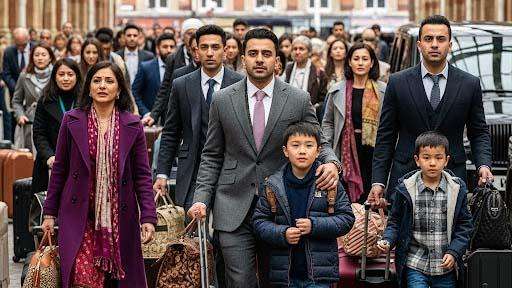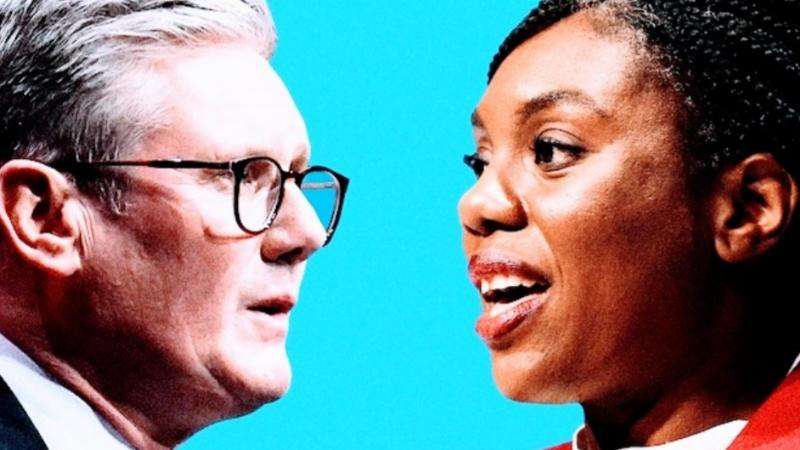The Institute for Fiscal Studies (IFS) has cautioned Chancellor Rachel Reeves that any further economic downturns will "almost certainly" necessitate new tax increases.
According to the IFS, council tax is already on track to rise at its fastest pace in a generation, adding to growing concerns that Reeves has left herself little flexibility just a day after presenting her spending plans for the remainder of the parliamentary term.
The warning coincided with the announcement that the UK economy contracted by 0.3%, raising fears of an impending recession.
Reeves, who entered office with a commitment to boost economic growth, has so far presided over a sluggish economy during her first year in office.
Paul Johnson, the IFS director, said council tax is expected to climb at its highest rate in 20 years as local authorities attempt to bridge funding shortfalls with annual hikes of up to 5%. He also warned that more councils could reach a critical point unless pressures on their budgets ease.
Johnson further highlighted the likelihood of more people being pulled into higher income tax brackets due to “fiscal drag”—where tax thresholds remain frozen while wages rise with inflation. He noted this approach would be politically easiest and could generate around £10 billion annually by 2029.
When asked, government sources did not deny the possibility of extending the threshold freeze, stating only that tax and spending decisions would be addressed at the Budget.
Offering a sharp critique, Johnson claimed the Treasury at times seemed to be “making up the numbers” and called Reeves’s Commons speech on Wednesday “baffling.”
However, he acknowledged that her priorities were “reasonable” given the challenging economic context and rejected claims from some Labour Party members that the spending review signaled a return to austerity.
Concerns were also raised over the cost of Labour’s key childcare policy, which is now projected to be £1 billion more expensive than initially estimated by 2029 due to higher-than-expected demand.
Summing up, Johnson said: “If the chancellor’s speech yesterday left you confused, you’re not alone—we were too. It didn’t seem intended to convey meaningful information to anyone.”
He noted that the “real test” would lie in how effectively the allocated funds are used—particularly when it comes to investment spending.
He also issued a warning: “Ms Reeves will now be crossing all her fingers and toes, hoping the Office for Budget Responsibility (OBR) doesn't lower its forecasts this autumn. With spending plans already in place and fiscal rules being met by the narrowest of margins, any negative shift could almost certainly trigger additional tax hikes.”
When asked if the UK's financial situation was unsustainable due to high spending on healthcare and pensions, he replied “no,” but expressed concern about the long-term impact of declining birth rates.
The IFS also questioned Labour’s widely publicized defence spending plans, suggesting that if Sir Keir Starmer’s stated ambition of raising spending to 3% of GDP were truly firm, the current projections should reflect larger increases.
Additionally, it cast doubt on Labour’s projected savings from ending hotel use for asylum seekers—an approach that previous governments have struggled to implement successfully—highlighting ongoing uncertainty around how those costs will actually decrease.








.svg)



_1.jpg)